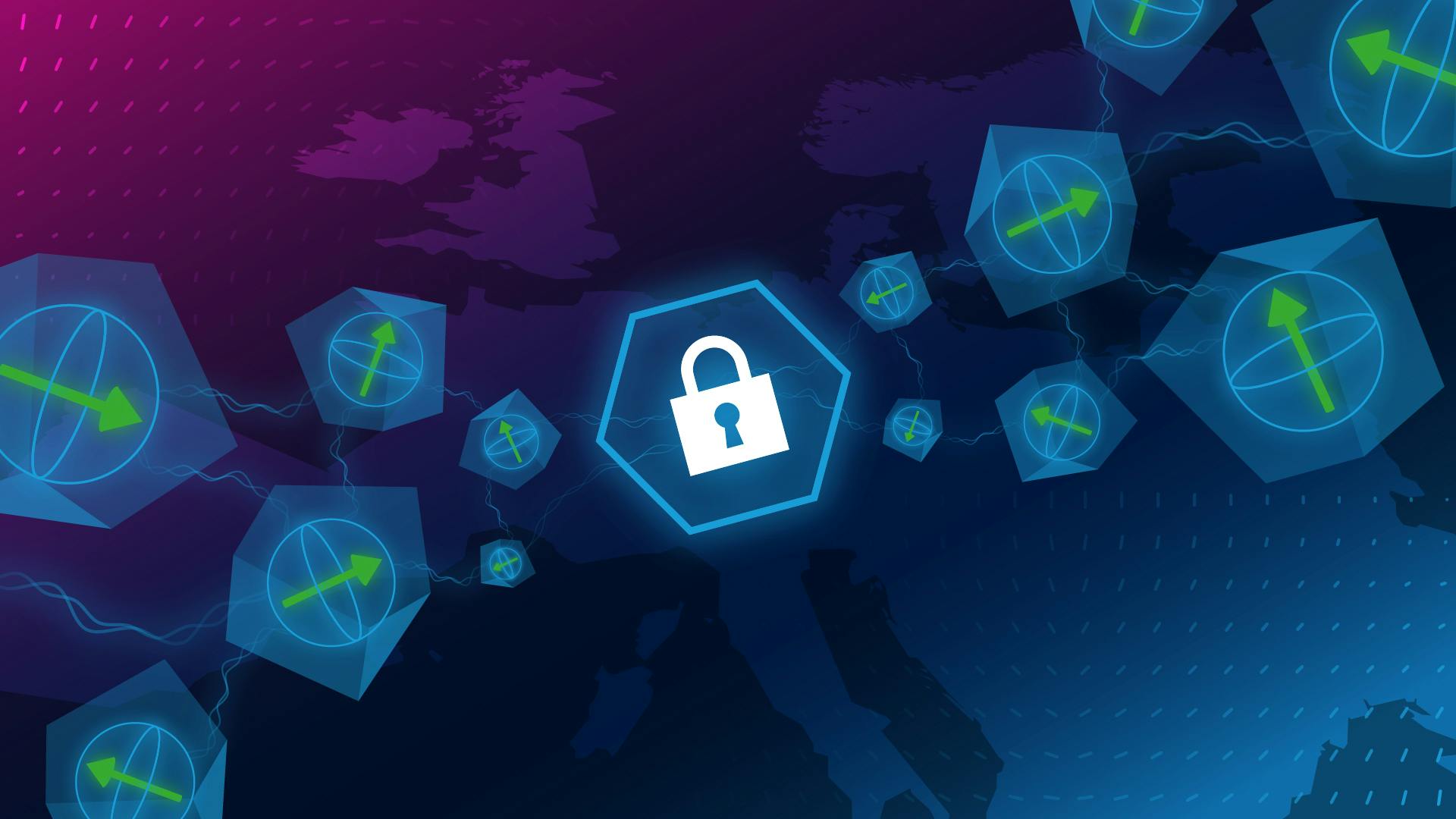Secure Communications
Keeping your data safe
Password identification
One form of secure communication on the internet involves secure logins to your accounts, such as email, Facebook, or even online banking. Secure logins require a password - essentially the internet’s way of verifying you are who you claim to be.
Sending your password to a server is just like showing your ID card as a form of personal identification, but if the connection between you and the server is intercepted by an eavesdropper, then your password is likely to be compromised. The eavesdropper could then impersonate you and steal your data. Your data could also be stolen if a malicious party sets up a fake server and poses as your server to ‘phish’ for your password. Although encryption schemes are implemented to protect your passwords and accounts, they are not immune to attacks.
Quantum information technology is different. It enables a better login protocol, where you would not need to actually send your password to the server, yet the server would still be able to identify you - by confirming that you are indeed in possession of your password (the step that matters). This means that an imposter can impersonate you only if they are able to fool the server by guessing your password correctly. If they guess wrong, they know only that their guess was wrong, with no information on what it should have been.
Fake servers are also rendered useless. If an imposter presents you with a fake server, then just like an eavesdropper they still cannot acquire any information about your password.
Accordingly, quantum technology keeps your password safe despite the presence of eavesdroppers and imposters. These quantum login protocols also limit the ability of users and servers to fake their identities.
